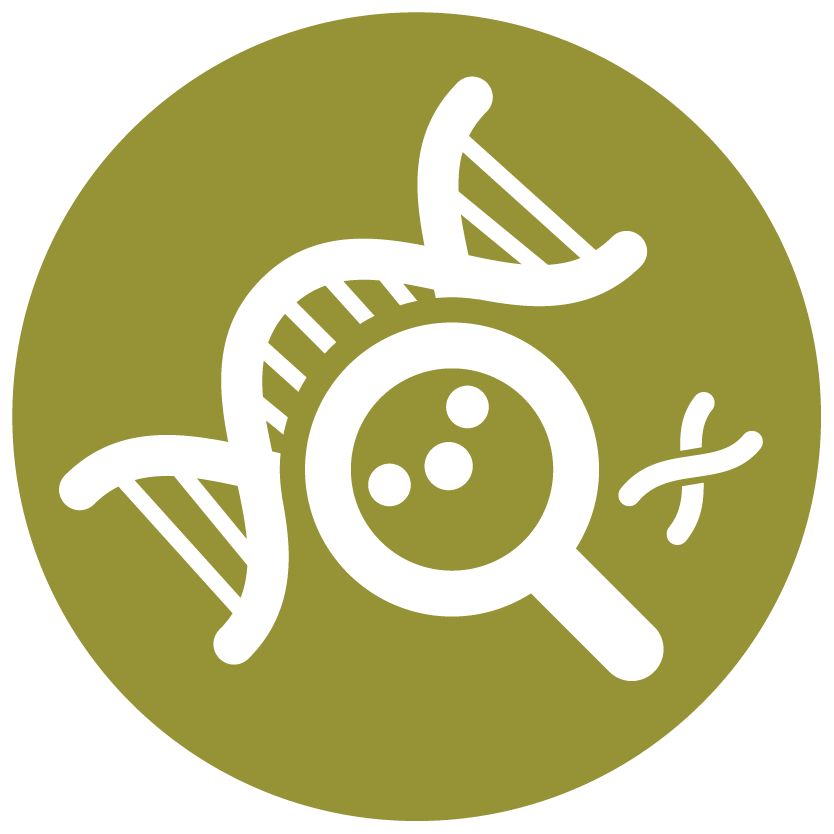Back
Discovery and Basic Research
Session: Symposium: Epigenetic Drug Targets and Epigenetic Modifiers
Epigenetic Reprogramming in Carcinogenesis by Dietary Phytochemicals in Cancer Prevention
Tuesday, October 18, 2022
9:30 AM – 10:00 AM ET
Location: 255

Ah-Ng Tony Kong, PhD
Distinguished Professor, Glaxo Endowed Chair in Pharmaceutics; Graduate Director
Rutgers University
Piscataway, New Jersey
Speaker(s)
Epigenetic reprogramming impacts many diseases including cancer, cardiovascular, and neurological. Epigenetics involves DNA CpG methylation, histone modifications and micro-RNA, governing mRNA and protein expression and subsequent biological functions. During carcinogenesis, epigenetic CpG methylation changes appear to precede gene mutation and gene mutation further drives epigenetic reprogramming, a vicious cycle. In 2010, we first reported the expression of NRF2, a master regulator of anti-oxidative/anti-inflammatory genes including many Phase-2 drug metabolizing enzymes and Phase-3 transporters, was suppressed epigenetically by promoter CpG methylation in prostate tumor of TRAMP mice. Subsequently, we found that many dietary phytochemicals like isothiocyanates (sulforaphane, PEITC, MITC), curcumin, diindolylmethane, gamma-rich tocopherol, tocotrienols, triterpenoids (ursolic acid, corosolic acid), anthocyanins (cyanidin, delphinidin, pelargonidin), apigenin, astaxanthin, fucoxanthin as well as herbal medicinal products Z-ligustilide and tanshinone IIA could epigenetically modified genes like NRF2 via CpG methylation and or histone modifying enzymes. Using Next-generation Sequencing (NGS), we found alterations/aberrations of the epigenomics (CpG methylation; correlating with mRNA transcriptomic expression) during cancer progression of AOM-DSS induced colon cancer, UVB and DMBA-TPA induced skin cancer and Pten deletion of prostate cancer in mice. Amazingly, some dietary phytochemicals could modify, reverse or attenuate some of these CpG epigenome correlating with mRNA expression coupled with prevention of these cancers. Recent studies suggest that dietary phytochemicals trigger redox signaling and mitochondrial metabolic rewiring of the tricarboxylic acid (TCA) cycle metabolites like acetyl-CoA, alpha-ketoglutarate and NAD+ which could contribute to modulation of epigenetic CpG methylation and histone modifications. In acute rat PK-PD studies with lipopolysaccharide (LPS)-induced acute inflammation model, ursolic acid and curcumin inhibited LPS-stimulated epigenetic markers DNA methyltransferases (DNMTs) and histone deacetylases (HDACs) in leukocytes. In summary, carcinogens would drive epigenetic reprogramming (in addition to genetic mutation) during carcinogenesis and some dietary phytochemicals would attenuate the aberrations of epigenomics and transcriptomics likely via redox signaling coupled with metabolic rewiring, contributing to the overall cancer protective effects. (Supported by NIH R01AT007065, R01AT009152 and R01CA200129).
Learning Objectives:
- understand the impact of epigenetic reprogramming including DNA CpG methylation during carcinogens induced cancer development
- appraise the biological effects of dietary phytochemicals in modifying epigenetics, epigenomics and transcriptomic in cancer prevention
- explore the linkage of redox signaling and mitochondrial rewiring by dietary phytochemicals with epigenetic reprogramming

